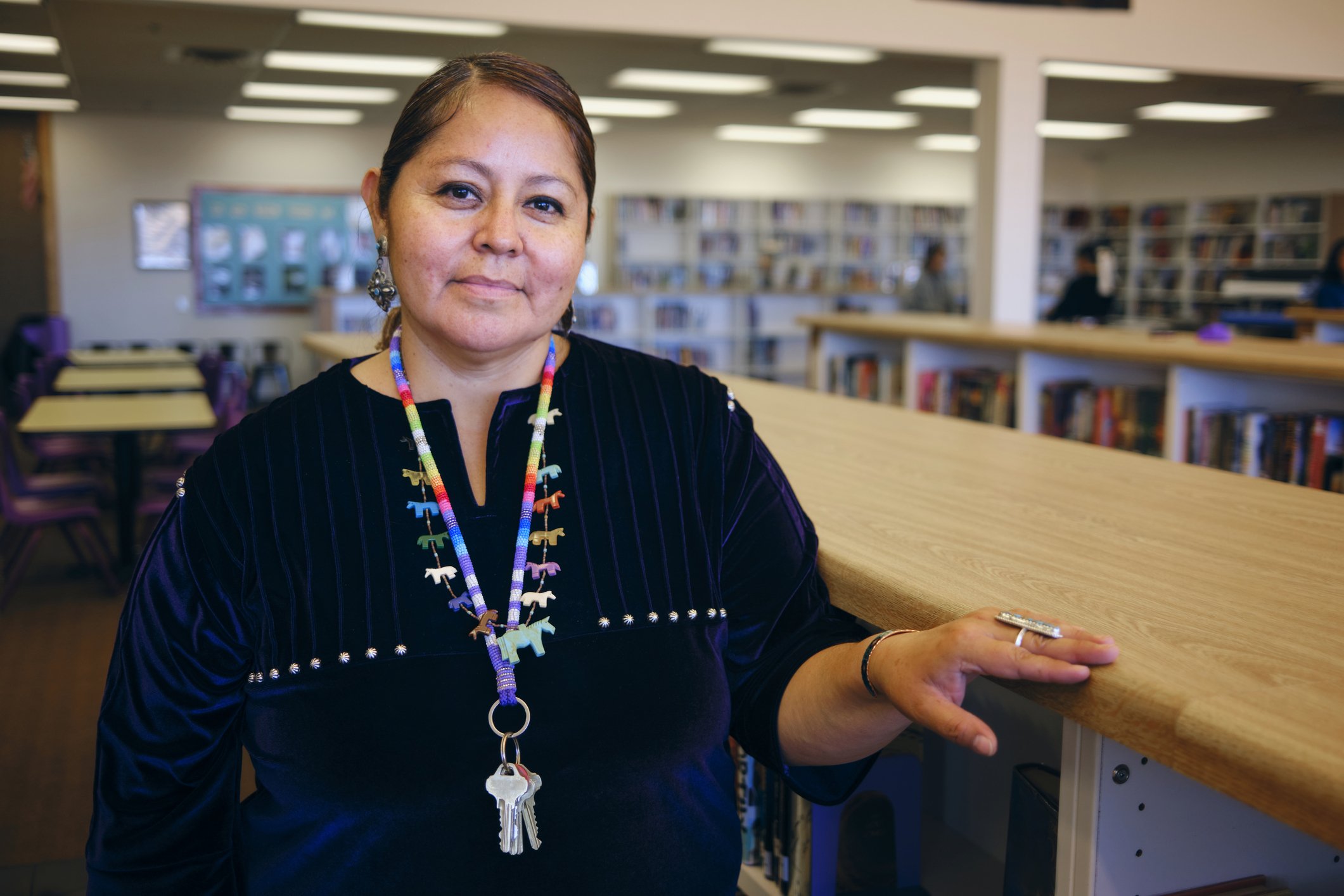Relationally Approaching Fieldwork: Using Indigenous Methodologies as Ethical Practices in the Context of Human Participant Research
by Nathan Durdella
Dr. Nathan Durdella is a Mentor in Residence on Methodspace for March, 2022. He is the author of the new book Conducting Research with Human Participants, as well as Qualitative Dissertation Methodology.
How do you manage relationships with individuals and groups in ways that respect the local context, including systems of knowledge, local traditions and customs, local governance practices and positions, and land and physical environments? U.S. colleges and universities have historically reproduced imperialist, capitalist, sexist, racist, audist, and ableist systems of oppression that shaped normative standards of research behavior and norms of research roles. While these forces have been individually and collectively challenged, they still tend to shape research governance and regulatory requirements related to research with human participants. As examples, the use of terms like “subjects” and “subject identifiers” can box individuals into objectified or even pathologized or damage-centered roles as research participants. In another example, consent procedures that focus on individuals, rather than families or communities, may push researchers toward more individualist consent procedures.
As a researcher, a strategy to move away from these detrimental and destructive patterns is to adopt a relational approach in fieldwork, whether you are using a quantitative, qualitative, mixed-methods, or methodologically fluid framework. More than just a way to relate to folks, relational approaches prioritize relationships between researchers and communities. Grounded in Indigenous methodologies, relationally framing human participant research supports more meaningful roles for individuals and groups and shapes what you do in the field and beyond. Ultimately, individuals and communities can benefit from this approach—but so do you as a researcher and do does the data that you collect and contributions that you make. Relational approaches can take many forms, including community consultation with local governance organizations, agencies, leaders of Tribal nations, community elders, youth leaders, etc. Consider using one or more of the strategies below to engage relationally in your research work.
Build in opportunities to consult family members and/or community elders or leaders. For example, reach out to and meet with local sponsors and/or gatekeepers to share updates, discuss next steps, and plans for dissemination.
Engage individuals, groups, land, and physical environment in co-construction/co-development of information gathering and co-interpretation. Consider discussing—where invited and/or welcomed—opportunities to reshape research work and products with collaborative partners so that what you do reflects a collective understanding and agreement.
Extend information gathering to include new families or groups to promote diversity within and across communities. In Indigenous methodological contexts, knowledge is not singular but multiple and countless, so consult across Tribal communities to ensure you learn from folks (Chilisa, 2012, p. 98).
Instruct individuals and groups about the use of technology that may be unfamiliar and/or offer access to technology, if needed, so that participants can successfully navigate data collection—especially in virtual and remote research contexts.
Clarify local contexts, customs, norms, standards with folks in the field—and update what you do in the field (Chilisa, 2012, p. 173).
Update study procedures so that the ways of investigating the world and approaches to gathering and making sense of information in local contexts. In Indigenous communities, this is critical during and after fieldwork (Smith, 2012; Waapalaneexkwee & Dodge-Francis, 2018).
Deidentify data and adopt a data separation strategy—and adapt strategies according to local customs and norms that may encourage you to use actual names and personal details.
Chilisa, B. (2012). Indigenous research methodologies (Kindle ed.). Thousand Oaks, CA: SAGE Publications.
Smith, L. T. (2012). Decolonizing methodologies: Research and indigenous peoples (Kindle ed.). London: Zed Books.
Waapalaneexkwee (Bowman, N., Mohican/Lunaape), & Dodge-Francis, C. (2018, Fall). Indigenous evaluation. In New directions for evaluation (Vol. 159). San Francisco, CA: Wiley.
Methodspace Posts about Indigenous Methods




Read this collection of multidisciplinary articles to explore epistemological questions in Indigenous research.